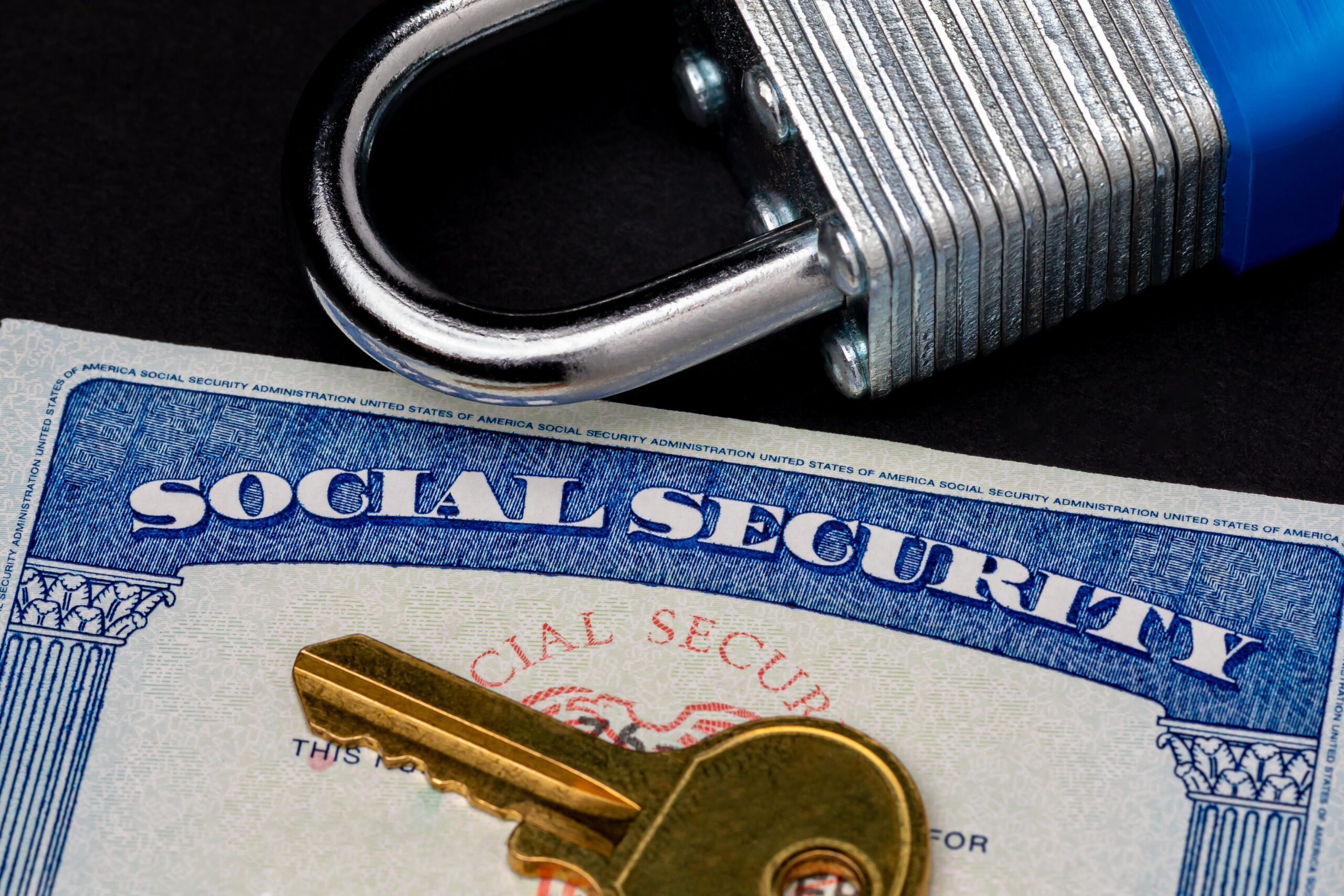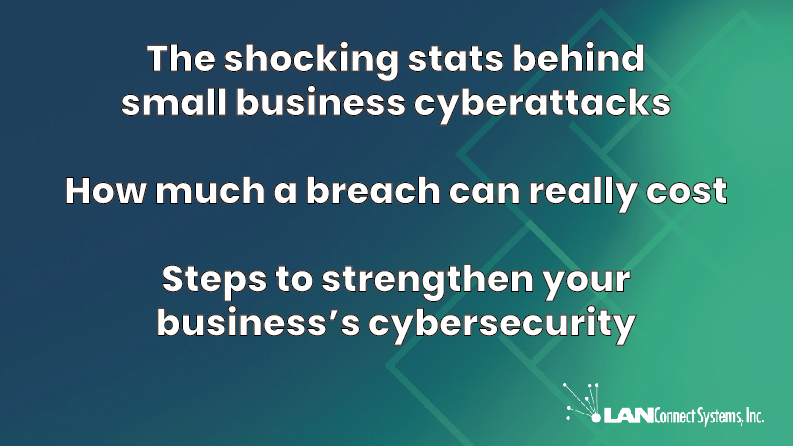Data breaches are becoming more common, and your Social Security number (SSN) might be at risk. Recently, a massive breach at National Public Data affected an estimated 2.9 billion records, including names, addresses, and Social Security numbers. While it’s natural to want to know if your information was stolen, it’s important to be cautious about where you share your SSN online.
Avoid Scams: Don’t Share Your SSN Unnecessarily
Unfortunately, Social Security scams are widespread. You might receive calls from fraudsters pretending to be government agents, demanding your SSN and other personal details. Similarly, some websites claim to help you check if your data was compromised in a breach, but they ask for your SSN. Even if these sites seem legitimate, it’s best not to enter your SSN or other sensitive information unless you are certain they are trustworthy.
Protecting Your SSN: What to Do
Only Provide Your SSN to Trusted Entities: Banks, schools, employers, and government agencies may legitimately require your SSN. However, never give your SSN to people, businesses, or websites that you don’t know or trust.
Be Skeptical of Websites Requesting SSNs: According to experts like James E. Lee, Chief Operating Officer at the Identity Theft Resource Center, you should avoid entering your SSN on websites that promise to tell you if your information was part of a breach. These sites could misuse your information.
What Can Fraudsters Do with Your SSN? Once they have your SSN, fraudsters can open credit accounts in your name, collect unemployment benefits, or even steal your identity. It’s crucial to be vigilant about where you share your personal information.
How to Check if Your Data Was Stolen Without Sharing Your SSN
Some reputable websites can help you check if your information was part of a breach without requiring your SSN. Here are two that are considered safe:
NPD.pentester.com: This site requires only your first name, last name, state, and birth year.
NPDBreach.com: You can search for your information using your full name and zip code, SSN, or phone number.
Monitor Your Credit Reports
If you’re concerned that your SSN has been compromised, checking your credit report can help you spot signs of fraud. Your credit report shows your credit history, and unusual activity can indicate that your identity has been stolen. You are entitled to one free credit report per year from each of the three major credit reporting agencies:
- Equifax
- Experian
- TransUnion
If you find suspicious activity, consider placing a credit freeze. A credit freeze prevents new credit accounts from being opened in your name, protecting you from identity theft and further misuse of stolen information.
Stay Vigilant
Ransomware and data breaches are becoming more sophisticated, making it essential to protect your personal information. By being cautious about where you share your SSN and monitoring your credit, you can reduce your risk of identity theft and keep your information safe.
LANConnect Systems is here to help you navigate these challenging times and secure your data. Contact us today for more information on how to protect your business and personal information.
Contact Information:
- Address: 186 Grove Street, Franklin, MA 02038
- Phone: 888-907-6080
Stay safe and stay secure!







